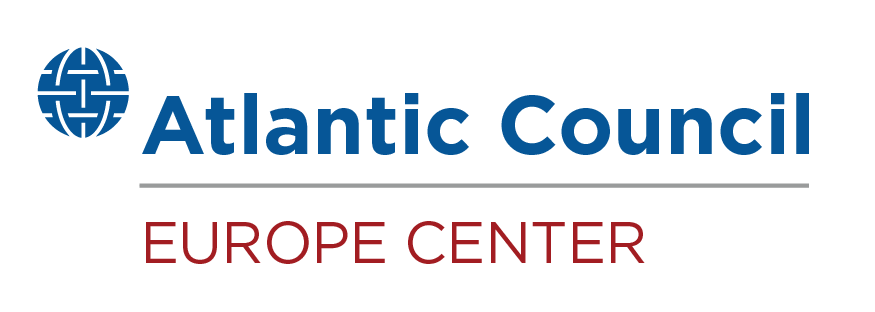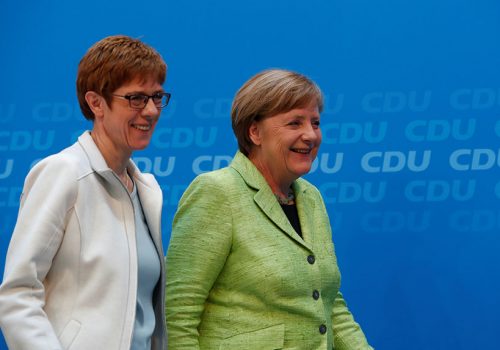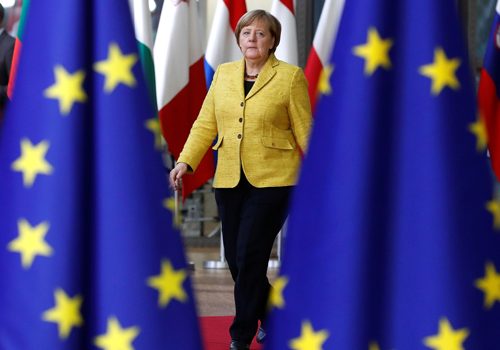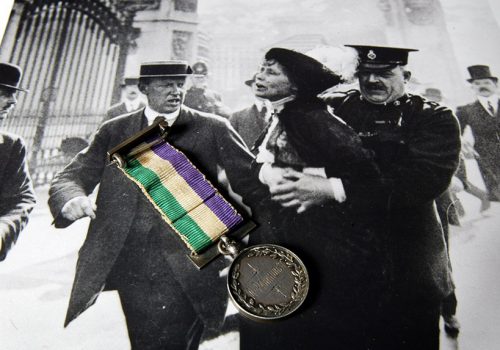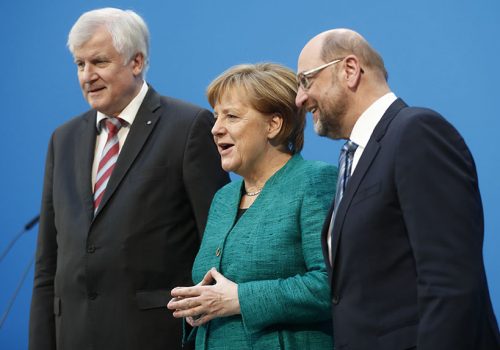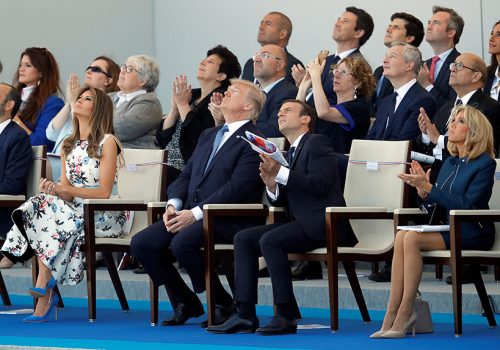FEATURED COMMENTARY & ANALYSIS
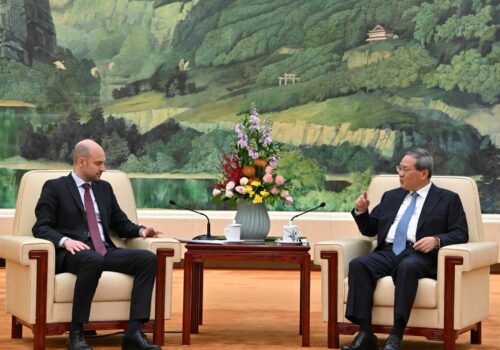
Report
Nov 10, 2025
France’s policy on China: Strategic autonomy and less naïveté
By
Zoltán Fehér
Over the last decade, France’s long-standing engagement with China has transformed into a more nuanced and cautious dynamic, reflecting a growing emphasis on balancing. This shift is guided by France’s pursuit of strategic autonomy, its effort to “de-risk” economic and security ties, and the broader geopolitical realities unfolding in the Indo-Pacific.
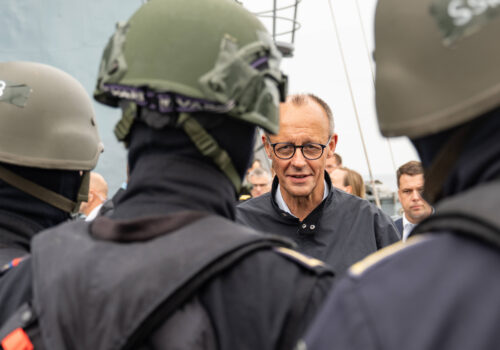
New Atlanticist
Aug 28, 2025
Germany wants to double its defense spending. Where should the money go?
By
Atlantic Council experts
After decades of Berlin underinvesting in its defense, German Chancellor Friedrich Merz has plans to transform the Bundeswehr into Europe’s strongest military.
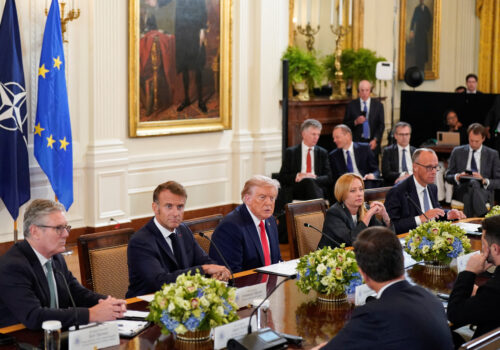
New Atlanticist
Aug 19, 2025
Europe needs to keep up the momentum for Ukraine after its White House show of force
By
Jörn Fleck, James Batchik
Among other steps, European leaders should press forward on defining what security guarantees for Ukraine look like.
